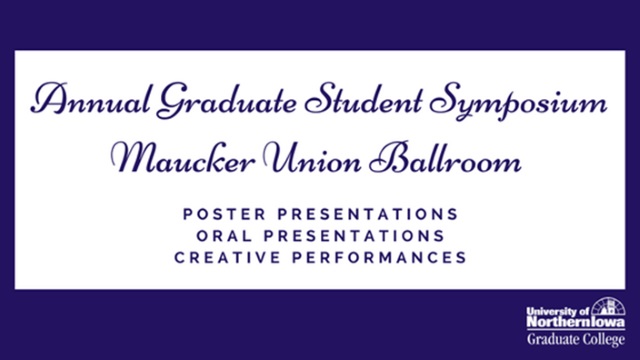
Complete Schedule
Presentation Type
Poster Presentation (UNI Access Only)
Keywords
Conservatives--Ethics; Liberals--Ethics;
Abstract
Research using the Moral Foundations Questionnaire (MFQ; Graham et al., 2011) suggests that political liberals and conservatives have different moral foundations (Graham, 2009). This instrument has been criticized for items that may differentially appeal to liberals vs. conservatives (Janoff-Bulman, 2013). Thus, it is unclear whether differing scores between liberals and conservatives are due to actual differences in moral foundations or the particular items used. For this study, we created conceptually-comparable, yet semantically-different, unbiased new items. We then compared the relationship between these items and the original MFQ and political orientation. We also included several other measures to test the validity of our items. Participants (N=434) completed an online Qualtrics survey which included questions related to demographics (e.g., political affiliation and orientation, gender), the MFQ (Graham, et al, 2011), our new, modified items (some adapted from the Three Domains of Disgust Scale (Olatunji, 2012)), five moral foundations vignettes (Clifford, 2015), and the Portrait Values Questionnaire (PVQ-21; Schwartz, 2001). Reliabilities were slightly lower on our subscales than on the original MFQ, but the pattern of correlations between our and the original MFQ subscales with the PVQ-21 and moral foundation vignettes were generally similar. All of the original MFQ subscales were correlated with political orientation, but only authority and harm were correlated with political orientation using our modified items. Our results suggest that at least part of the reason that liberals and conservatives score differently on the MFQ may have to do with the particular content of the items
Start Date
3-4-2018 11:00 AM
End Date
3-4-2018 1:30 PM
Faculty Advisor
Helen Harton
Department
Department of Psychology
Copyright
©2018 Nathan Lewey and Alivia Zubrod
File Format
application/pdf
Embargo Date
3-30-2018
Conservatives and Liberals Differing Perceptions of Items on the Moral Foundations Questionnaire: Maybe We're Flot So Different After All
Research using the Moral Foundations Questionnaire (MFQ; Graham et al., 2011) suggests that political liberals and conservatives have different moral foundations (Graham, 2009). This instrument has been criticized for items that may differentially appeal to liberals vs. conservatives (Janoff-Bulman, 2013). Thus, it is unclear whether differing scores between liberals and conservatives are due to actual differences in moral foundations or the particular items used. For this study, we created conceptually-comparable, yet semantically-different, unbiased new items. We then compared the relationship between these items and the original MFQ and political orientation. We also included several other measures to test the validity of our items. Participants (N=434) completed an online Qualtrics survey which included questions related to demographics (e.g., political affiliation and orientation, gender), the MFQ (Graham, et al, 2011), our new, modified items (some adapted from the Three Domains of Disgust Scale (Olatunji, 2012)), five moral foundations vignettes (Clifford, 2015), and the Portrait Values Questionnaire (PVQ-21; Schwartz, 2001). Reliabilities were slightly lower on our subscales than on the original MFQ, but the pattern of correlations between our and the original MFQ subscales with the PVQ-21 and moral foundation vignettes were generally similar. All of the original MFQ subscales were correlated with political orientation, but only authority and harm were correlated with political orientation using our modified items. Our results suggest that at least part of the reason that liberals and conservatives score differently on the MFQ may have to do with the particular content of the items


